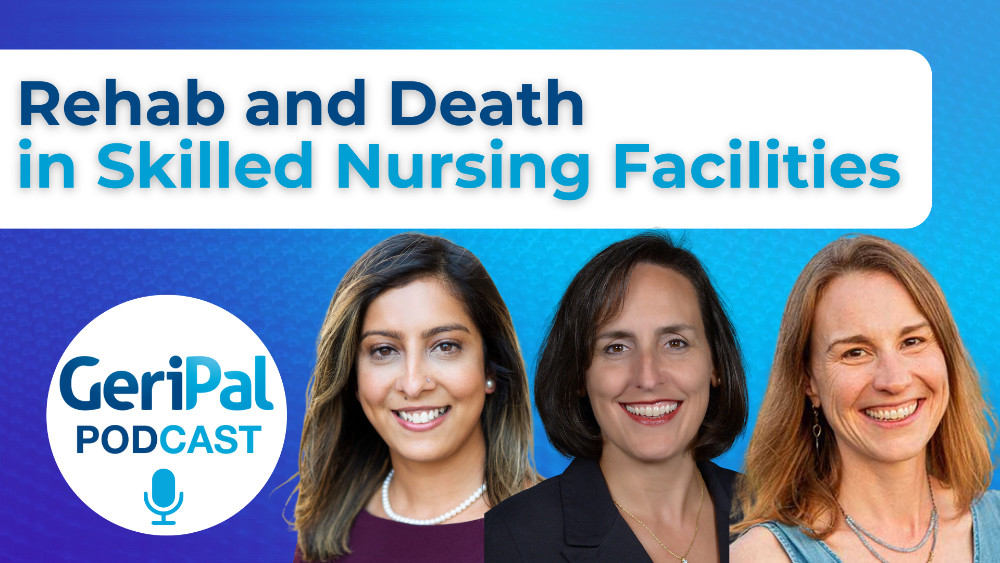

by: Eric Widera (@ewidera)
We intuitively know that the words we choose when talking about whether or not to attempt cardiopulmonary resuscitation (CPR) may influence the decision of a surrogate. Now we have some evidence to back this up thanks to a fascinating study published in Critical Care Medicine by Drs Amber Barnato and Bob Arnold at the University of Pittsburgh.
The study randomized 256 adult children or spouses to take part of a Web-based interactive simulated family meeting. These surrogates were asked to imagine their loved one in a hypothetical situation in which they were admitted to the intensive care unit (ICU) on life support due to a pneumonia, severe sepsis, and acute lung injury. During the simulated family meeting, the actor playing the ICU doctor tells the surrogates that their loved one has a 10% likelihood of survival to discharge in the event of cardiac arrest requiring CPR. The actor then asks the surrogate to decide the patient’s code status. The trick though with this study is that the way this was communicated was slightly different for subjects randomized to various experimental conditions.
Condition 1: The Effect of Physician Communication Behaviors
Three framing manipulations took place at the end of the family meeting when the ICU doctor asked about the patients code status. The results showed that:
- Framing treatment decisions as the patient’s, not the surrogate’s decision did NOT impact CPR choice. (56% vs 56%)
- Framing the alternative of CPR as “Allow Natural Death” instead of “Do Not Resuscitate” significantly decreased the surrogates choice of CPR for their loved ones: 49% vs 61%
- Framing the decision as the social norm (the ICU doctor said that in her “own experience” most other family members were more likely to choose DNR) also significantly decreased CPR choice.
- If CPR was framed as the norm, 64% of the surrogates chose it.
- If no CPR was the norm, 48% chose to CPR.
Condition 2: The Effect of Attending To Emotion
Some of the surrogates were also randomized to the “emotion-attending condition” where the ICU doctor used the NURSE mnemonic (naming, understanding,
respecting, supporting, and exploring emotion) and one “I wish” statement.
- Like in Alex Smith’s GeriPal video, attending to emotion using mnemonics like NURSE did NOT significantly impact decision making. 53% chose CPR in the empathic statement group vs 59% in those without empathic statements.
Condition 3: The Effect of Emotion Arousal
In this last experiment, surrogates randomized to the “emotion arousal” group saw a photo of the spouse/parent for whom they would be making the hypothetical code status decision. They were also asked to do two imagery exercises “designed to create a state of emotional attachment.”
- Interestingly, as opposed to what you may have thought, priming the emotional attachment pump did NOT impact CPR decisions: 56% chose CPR in the emotionally aroused vs 56% in the unaroused group
Conclusions
What’s the take home? No, it’s not that you needn’t pay attention to emotions. Alex’s Take-Out-the-Trash video is a good example of what happens when you try to use empathic statements without actually being empathic (the authors admit that the actors just read the scripted statements and did not otherwise respond differently to the emotional content of the surrogates).
The take home is that we have a lot of responsibility when facilitating CPR discussions. Framing CPR decisions using social norms or framing CPR’s alternatives in a different light (Allow Natural Death instead of Do Not Resusciatate) can significantly influence surrogate decision-making. Whether or not that is a good thing I’ll leave to a follow-up post…
NOTE: This is the first in a series of posts this week for “Code Discussion Week.” Come back everyday this week for a new post focused on CPR AND DNR Discussions.
Here is a running list of posts:
- It’s all in the Framing: How to Influence Surrogates’ Code Status Decisions
- Changing the Default Code Stus to DNR for Seriusly Ill Patients
- The Clinician as the Choice Architect – Nudging an Informed Choice About CPR
- What Is A “Natural” Death, Anyway?
- Discussing CPR: What Makes It So Different?
- CPR Discussions and Harm Reduction
- When Not to Follow an Advance Directive



